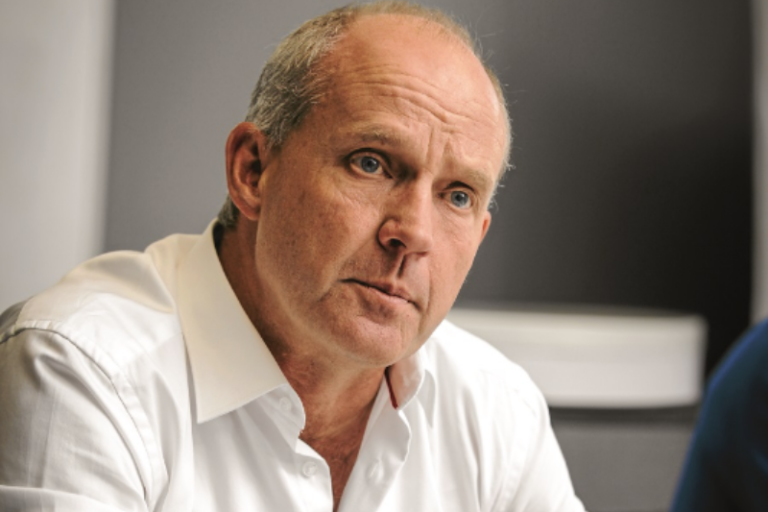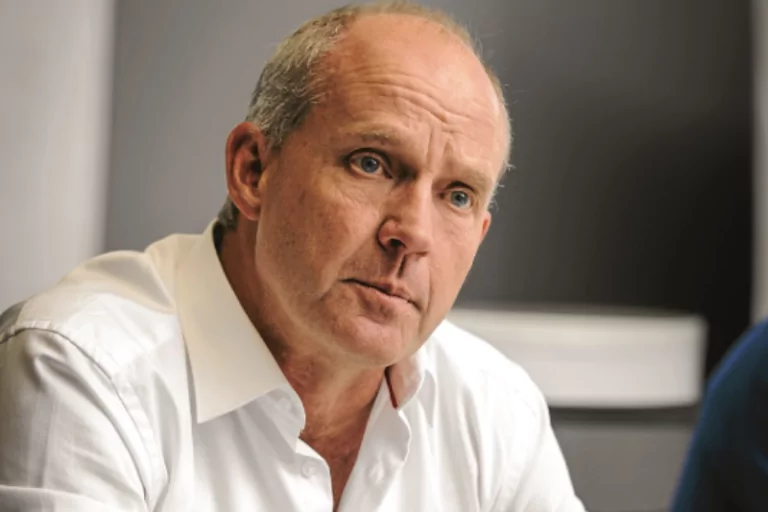

capitec ceo calls for ‘privatization’ to boost african economy
Capitec CEO, Gerrie Fourie, believes South Africa has potential despite its challenges. He thinks the government should cooperate more with the private sector to improve the country’s situation. During a recent presentation, Fourie expressed optimism about Capitec’s future in South Africa.
However, when talking about broader issues in the country, he believes the government needs to change its approach. He explained that the government should stop being an obstacle and let the private sector help. Fourie stressed the importance of quick action.
Fourie pointed out that the government often views the private sector as an adversary. Instead, he thinks they should work together as partners. While the government may worry about losing control, Fourie believes the private sector can improve services and benefit citizens.
According to Fourie, the government lacks the necessary skills to address the country’s problems and should collaborate with the private sector to find solutions.
In the past, the government was hesitant to involve the private sector, fearing it was giving away control. However, when state-run institutions failed, private companies stepped in to help. This caused disagreements, with some calling it “privatization.”
Recently, the government has become more open to working with the private sector, especially in areas like energy production and infrastructure.
President Cyril Ramaphosa has formed committees involving cabinet ministers and CEOs to tackle issues like power shortages and crime.
Despite these positive steps, the government is also trying to take control of sectors like healthcare through the National Health Insurance. Fourie believes that cooperation with the private sector is essential for progress in South Africa.
I also believe that embracing “privatization” can be beneficial for our continent’s economy. Private companies can bring in innovation, efficiency, and investment.
However, it’s crucial that we establish strict rules and conduct regular monitoring to prevent any one company from dominating the market entirely.
We must learn from the Indian government’s approach in this regard. They have balanced the benefits of the private sector with strong regulations to ensure fair competition. This way, we can avoid monopolies and create a healthy business environment.
By encouraging competition among private companies and safeguarding against unfair practices, we can boost economic growth, create jobs, and offer better services to our citizens. It’s a delicate balance, but with the right policies and oversight, we can achieve it.
Let’s work together to strike this balance and ensure that the private sector contributes positively to Africa’s prosperity while safeguarding the interests of our people.
The U.S.-based driver training company Zutobi analyzed road safety worldwide and found South Africa stays last in driving danger since…
The Basketball Africa League (BAL) returns for its 2025 season with exciting changes and developments. Since 2019 the NBA-linked basketball…
The Somali president supports their military forces to eliminate the threats from Al-Shabaab, ISIS, and Al-Qaeda. The Somali National Army…
UAE President Sheikh Mohamed bin Zayed Al Nahyan held talks with President Faustin Archange Touadéra of the Central African Republic…
African football teams struggle intensely in the World Cup Qualification rounds to earn their place on the international football stage.…
The journey toward the 2026 FIFA World Cup is rapidly intensifying for all African teams, who now hold a historical…
This website uses cookies.